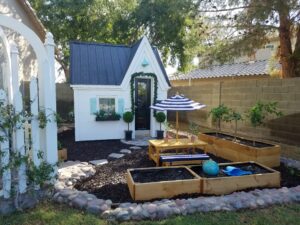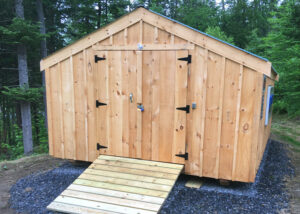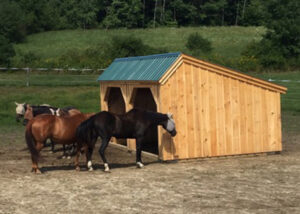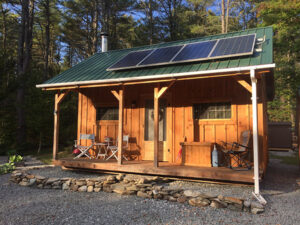Searching for your new home site can be exciting, fun, and challenging. How you choose land to build on ultimately gets determined by several factors. Location, how much space you need and the surrounding landscape will be relatively simple to figure out. Zoning, financing, and quality of the soil and water might create a few more hurdles. Knowing what to expect will help manage your expectations and avoid hiccups throughout the process.
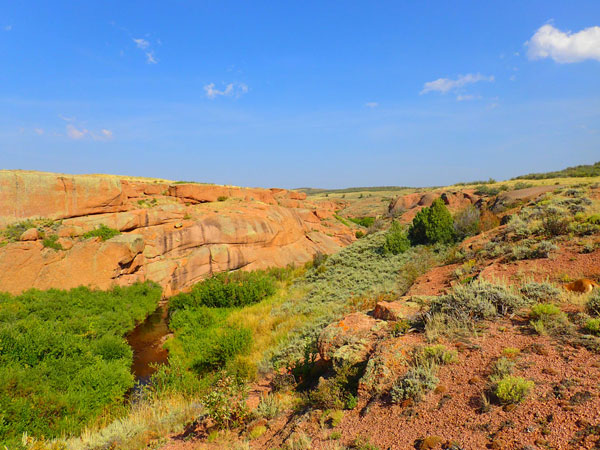
Location
First, you are going to need to decide where in the world you would like to settle down. Think about your preferred climate. Do you want lots of snow, an arid desert locale, or marshy and humid temperatures? Then consider other environmental factors. How much privacy do you want? How close do you need to be to your work, schools, and shopping?
Keep in mind that certain parts of the country are prone to earthquakes, heavy snow, hurricanes, heavy rain, drought, insect infestations, and forest fires. Nearly every area in the United States is predisposed to at least one of these natural disasters. So decide which of these you feel are most tolerable if you are not already set on a region.
Acreage
Now that you have decided on a general area calculate how much space you will want. If you are aiming to build more than one structure on your future property you will probably need more acreage. Most people want to build a few utility buildings in addition to their home. A garage, guesthouse, garden shed, and pool house are a few accessory buildings that may be needed, so a couple acres would be the minimum. Buy at least ten acres if you are aiming for abundant privacy or are setting up a farm or homestead. One acre should be sufficient for a small home and a storage shed.
Zoning and Regulations
While on the hunt for land, keep in mind that any plot will be prone to zoning and regulations. The building rules will vary from county to county. First, you will want to make sure the plot of land is in a residential zone. Don’t try building a residential home in a commercial or industrial zone. You won’t get approved for a permit and it will be a costly mistake. Next, find out what is generally required to obtain a permit such as setbacks, building guidelines, and if you need engineered stamped plans.

On top of permitting, your piece of land might be subject to Homeowners Association rules, covenants, easements, and encroachments. HOA’s and covenants usually restrict what style of home you are building. You might be required to work in particular design details like siding, roofing, windows, and doors to blend in with the neighborhood. Environmental factors can determine what types of materials will be allowed too. Land within gated communities, located in historic districts or near natural areas with lots of wildlife might be prone to these types of regulations.
If you buy land that lacks main road access you may need to obtain an easement. This allows you to utilize a part of the neighboring property to get to the main road. Encroachments would be structures that cross your property line to a neighboring property or vice versa. Usually, you will want to avoid encroachment by following setbacks for your property. There may be a grandfathered encroachment on the property you are looking at, so determine if you are ok with that before you buy. Always consult a real estate lawyer before you buy land.
Utilities
Utilities
Most empty plots of land won’t have any utilities installed yet. Some might have electrical lines running to the site, but no septic tank or well. If you are working with a blank slate, you have the advantage of being able to choose to install whatever you want, wherever you want, given this fits within your budget. However, if electrical access, water sources, and wastewater management solutions are already in place, you will save a lot of money.
Don’t forget to find out how fast the internet access is in the area you want to move to. Since many people work from home now, a fiber optic internet connection will be favorable. If you are set on living in a rural area, keep in mind that high-speed internet is likely to be inaccessible. You might have workarounds like joining a shared office space, satellite internet, or an ample data program using cell phone reception.
Road Access
HowStuffWorks.com mentions that how you access your land can have many consequences. Most plots of land will have road access a short distance from your post and beam house site. A short, gravel driveway is inexpensive to install and maintain. However, if your land is off a private road, you should know that it will be your responsibility to manage it. You may need to pay for all of it, or if the private road is part of an easement, you may be responsible for chipping in with your neighbors for plowing and other maintenance costs.
Finances
Your budget is going to be a substantial factor when you are deciding on land. Not only will you need to consider the price of the lot and the building costs, but other elements will also need to be covered. A down payment, lawyer fees, taxes, permits, and labor are a few of the clear-cut costs you will need to account for. Not all land for sale is set up with access to water, electricity, or wastewater storage. You might need to allocate funds for electrical pole installation, the drilling of a well, septic tank, and testing.
It is always a good idea to overestimate your costs. This way you don’t bite off more than you can chew, and there might be some cash left over for unexpected charges. Gather estimates and quotes from the contractors you will be hiring for the foundation installation, electrical access, the building of your cabin kit, plumbing, septic tank installation, and well drilling. Keep everything in a folder. You will need this documentation if you are applying for a loan. At the very least, it is helpful to keep as you are shopping around.
Once you have the estimated grand total, you can decide how you will be financing your project. Applying for a home construction loan is one way to go. Or save a big chunk of your paycheck each month until you reach your goal. Some people start by buying the land before securing financing. Then they save or apply for funding as they complete each building milestone. This budgeting method can spread the overall costs out, over time, an option for those with less than stellar credit. Some of our community members have done this and will camp out in a shed while building their permanent homes.
Other Tips
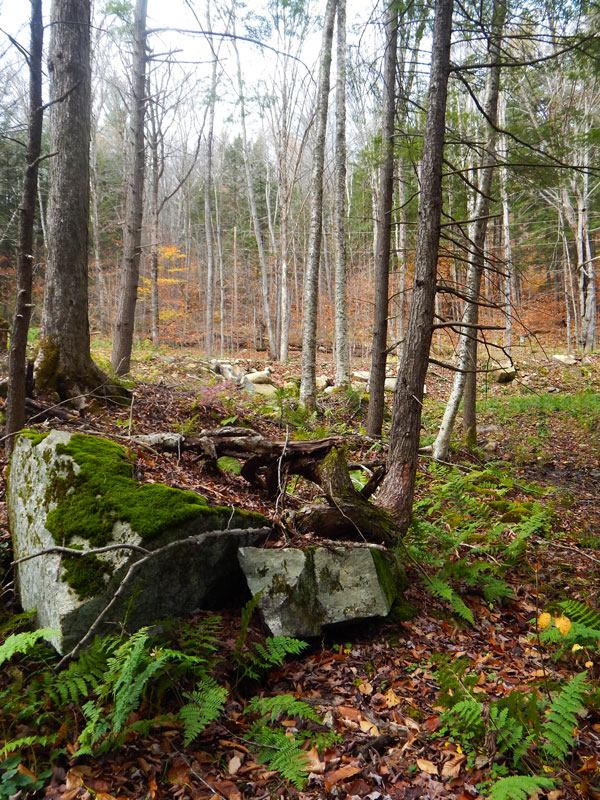
BobVilla.com offers notable advice for choosing your piece of land. They recommend working with a real estate agent that specializes in selling undeveloped land. The knowledge base of this type of agent will be infinitely helpful to you while you are tallying up the pros and cons of each property you visit.
They also mention testing the soil and water before you invest in a down payment. Skipping this step might not seem like a big deal, but contaminated water and dirt can cause long-term health problems later.
HowStuffWorks.com recommends investing in title insurance. A real estate lawyer should find out everything you need to know about the deed, but sometimes they don’t find everything regarding easements, encroachments, or property lines. Hire someone to survey the land to know where your property line is, especially if it is not clearly marked.
Conclusion
Buying raw land can be an incredible experience because it provides you with the opportunity to mold the site into your dream home. Use these tips to determine where you want to reside and what elements you want to be included in your future property. Write out all of your wishes. While you are searching, you can see which plots check off all of your boxes. You might fall in love with a property that doesn’t meet all of your wants. Prepare to find workarounds or budget in those extra expenses to get it set up the way you want. Finally, work with licensed professionals so that you can get the most out of your land investment and be protected throughout the process.
If you have any other tips, send us a line, we’d love to hear from you.


